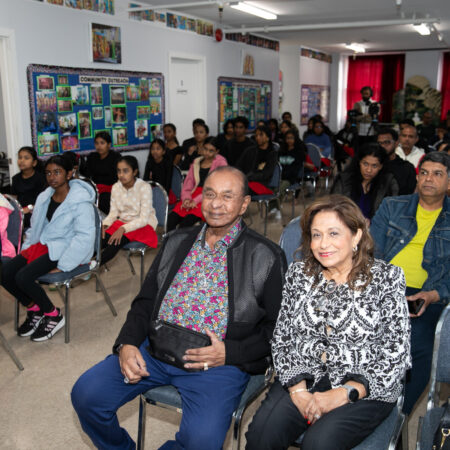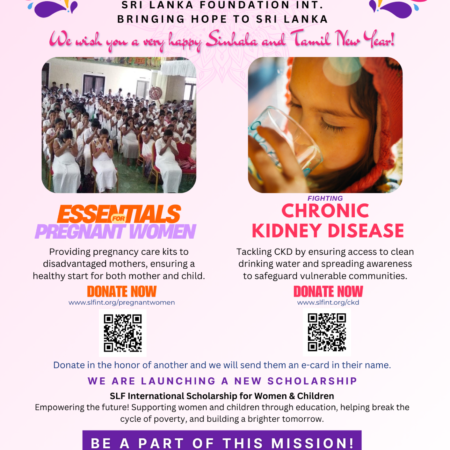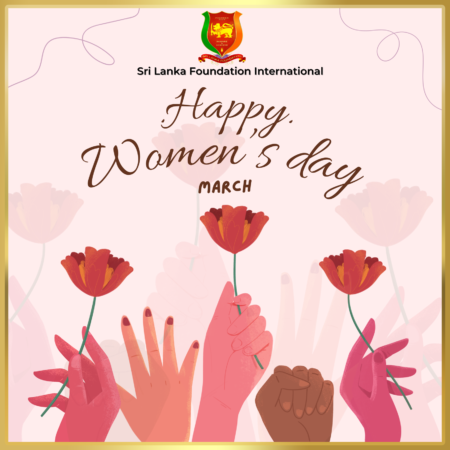On behalf of the American delegation, I am delighted to speak at the outset of these Trade and Investment Facilitation Agreement (TIFA) Inter-sessional discussions, which are a sign of the rapid progress in expanding the already rich economic bonds between Sri Lanka and the United States.
I want to thank the government of Sri Lanka – and in particular my friend, the Honorable Malik Samarawickrama, Minister of Development Strategies & International Trade – for hosting todays intersessional, which follows the 12th TIFA Council meeting that the United States Government hosted in Washington, D.C. in April of 2016. At that time our two governments adopted a U.S.-Sri Lanka Joint Action Plan to Boost Trade and Investment.
Our mutual goal is not just to strengthen the economic relationship between our two countries, but also help improve Sri Lanka’s trade, investment, and labor rules in order to encourage foreign direct investment and provide economic benefits and jobs to the Sri Lankan people.
Since the election of the current government in 2015, Sri Lanka has made progress on democratic rights, reconciliation, rule of law, and freedom of expression. These changes have created new trade and investment opportunities between Sri Lanka and the rest of the world, laying the foundation for new markets, new industries, and new jobs. Indeed, Sri Lanka is showing the world how reconciliation and economic growth can go hand-in-hand.
Ladies and Gentlemen, every time I stand on the ramparts of the Old Dutch Fort in Galle, at the southern tip of this country, I can see container ship after container ship after container ship passing by on the busiest sea line in the world. This serves to remind me that the United States is Sri Lanka’s single largest export market, and that trade between our countries is growing. Let me repeat that – the United States is Sri Lanka’s largest trading partner. The garments, information technology services, rubber goods, tea, and other products U.S. consumers purchase from Sri Lanka create thousands of jobs here in Sri Lanka. Last year, U.S. imports from Sri Lanka were $2.9 billion, up roughly 7 percent from the previous year. Similarly, in 2010, U.S. exports to Sri Lanka amounted to about $360 million, up about 3 percent from the previous year. With this growing trend in mind, we want to continue to take steps to deepen our trade partnership.
Friends, how do we boost the trade and investment between our two countries? That is what we are discussing here today. The United States has a number of ongoing assistance programs to help attract additional investments and further improve Sri Lanka’s business climate. To highlight a few, the U.S. Department of Commerce trains Sri Lankan officials in the judiciary, energy sector, and tourism industry while the United States Agency for International Development (USAID) provides assistance to small and medium enterprises to grow the economy and create durable and sustainable jobs, and help support the development of rural agriculture and rural economic upliftment through improved techniques and enhanced access to markets.
Today we are joined by some very distinguished visitors from Washington, who are here to boost trade and investment between our two countries. Notably, Assistant Secretary of the Commerce Arun Kumar and Assistant U.S. Trade Representative Mike Delaney will meet with government and private sector representatives in Colombo in order to learn more about mutually beneficial business opportunities for both of our countries. In addition, colleagues from the U.S. Department of commerce, U.S. Department of State, U.S. Patent and Trademark Office, USAID, the Millennium Challenge Corporation, and also staff from the U.S. Embassy Colombo are participating in this bilateral discussion and I welcome everyone who flew 9,000 miles from Washington to be here today.
It is with this spirit of excitement about the current strong trade ties between our countries and the very large potential to expand our economic engagement even further, that I welcome all of the participants in this TIFA Intersessional. Minister, thank you so very much.






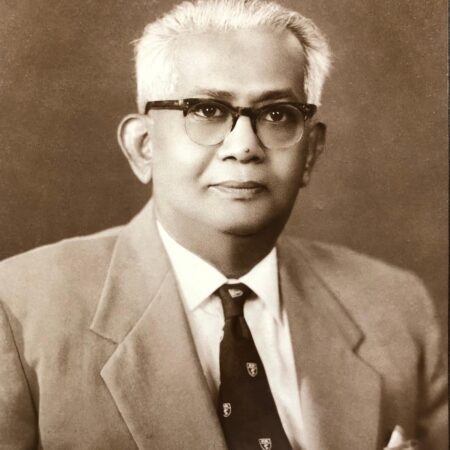
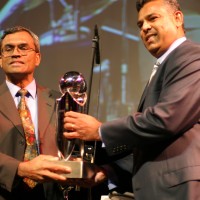



![TV-Poster-All-Exhibition-Sri-Lanka-in-Focus-USA-2025[1]](https://www.srilankafoundation.org/wp-content/uploads/2025/04/TV-Poster-All-Exhibition-Sri-Lanka-in-Focus-USA-20251-450x450.jpg)
